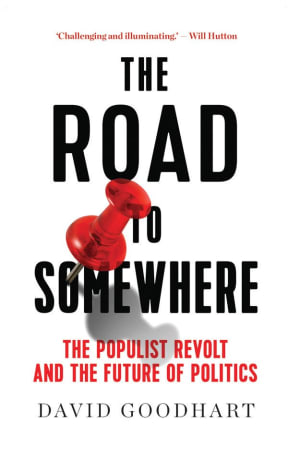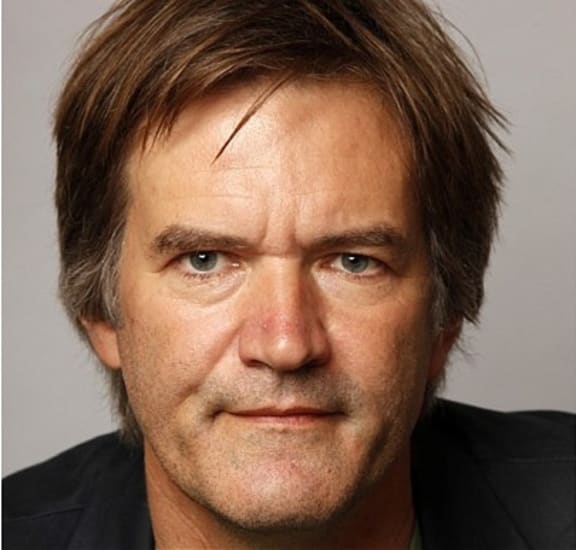
Photo: supplied
Politics used to be divided between left and right, but now people are split along different lines, according to a UK writer.
In a new book David Goodhart says western societies are now separated into the ‘Anywheres’ and the ‘Somewheres’.
‘Anywheres’ are professional, educated and mostly liberal thinkers while ‘Somewheres’ are more anchored to place, family and nationality, he says.
‘Anywheres’ have what he describes as “achieved identities”, they fit in anywhere and are internationalist by inclination.
‘Somewheres’ – who make up about half the UK population – tend to value security and familiarity and have greater group attachments.
Goodhart says the labels describe “very broad value divisions in British society”, and concedes that as well as these two groups there is a large “inbetweener” group.
“This is really what defines politics these days. It used to be politics was about left and right; about attitudes to the state – should it be big or small?; what we think about inequality.”
Sociocultural politics has now become as important as socio-economic politics once was, he says.
Over the last generation, the number of ‘Anywheres’ – who now make up a quarter of the UK population – has grown in line with an expansion in higher education. Yet he believes they dominate British national life to an extent that belies their number.
“We’ve accepted, I think too readily, the version of what it is to lead a successful life that comes from a relatively small group of people.

David Goodhart Photo: Supplied
“The way we measure and value people has become a lot narrower as a result of ‘Anywhere’ domination of our public culture and that is to do with cognitive ability. Having qualifications has become the gold standard of human achievement.”
He says this in turn has driven a more technocratic approach to government and means assumptions about public policy have increasingly reflected an ‘Anywhere’ world view.
He describes the ‘Somewhere’ ideology as “decent populism”.
“The vast majority of British people have gone along with the great liberalisation we’ve seen across the western world.
“If you go back 30 or 40 years and look at attitudes to race, gender and sexuality we’ve had a massive liberalisation.”
Yet much of the rapid change of the last 40 years has happened without taking into account the values of ‘Somewheres’, Goodhart says.
“They are concerned about large-scale immigration and worried about integration. They have a greater attachment to the idea of national citizenship. They find a lot of the modern world uncomfortable.”
So is this a case of never the twain shall meet?
Goodhart says both views are valid, but one group has overreached
“Modern politics has to find a way of creating a settlement between these two groups. ‘Anywheres’ have tipped the balance, they’ve become over dominant.”
That philosophical dominance of the ‘Anywheres’ created the resentments that led to the narrow Brexit vote in the UK, he says.
“It’s made our politics unstable, it will make your politics unstable, it will make the politics of all rich democracies unstable.”
‘Anywheres’ have lacked emotional intelligence; Hilary Clinton’s “deplorables” remark being an example of this, he says.
“[‘Somewheres’ are] not xenophobes, not bad people and ‘Anywheres’ have got to become less morally self-righteous and see that politics requires a reconnection between ‘Anywheres’ and ‘Somewheres’.”
Goodhart explores this terrain in The Road to Somewhere: The Populist Revolt and the Future of Politics.

